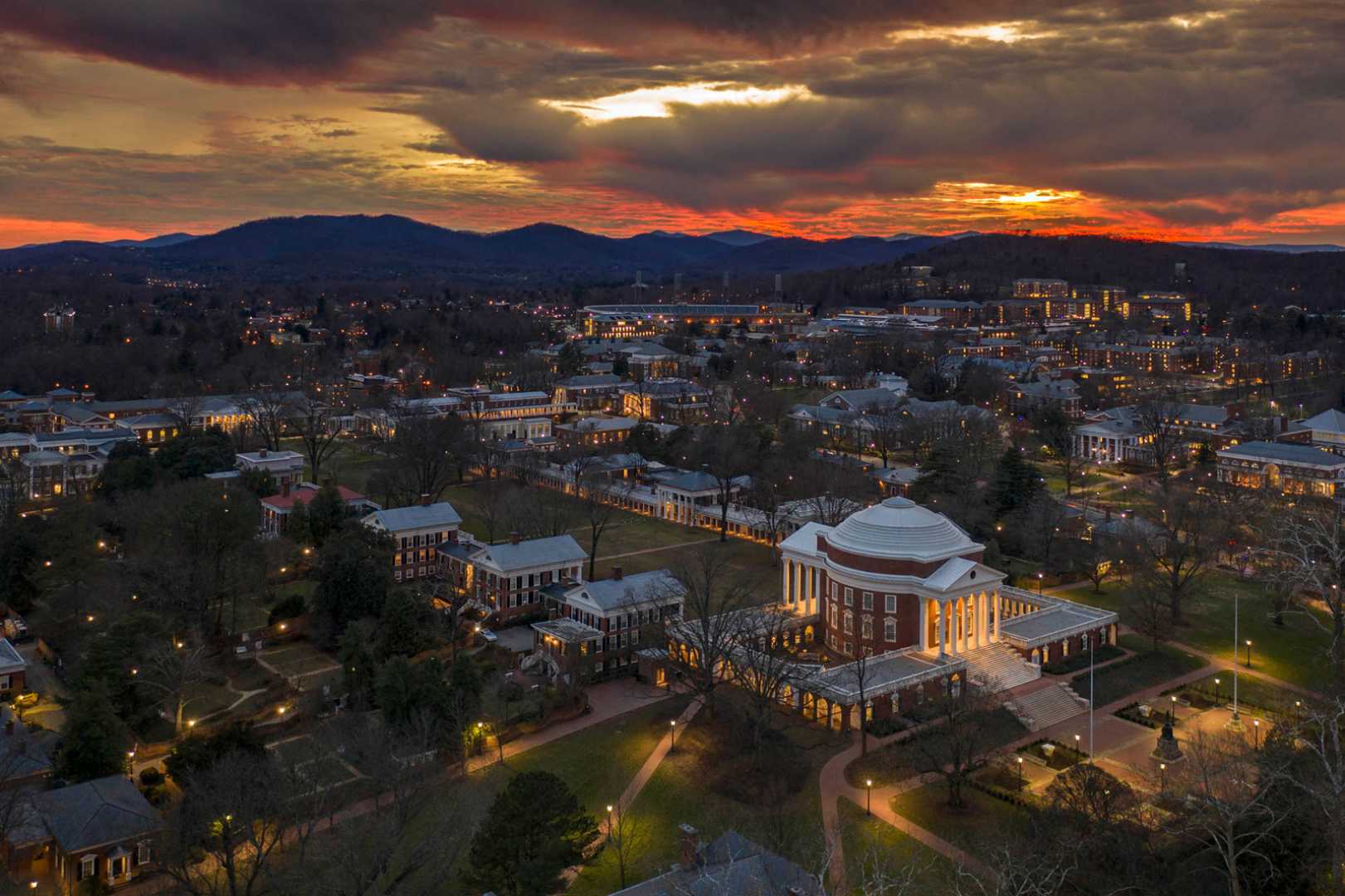Education
University of Virginia Suspends Investigations After DOJ Agreement

Charlottesville, Virginia – The University of Virginia announced Wednesday that the Justice Department will suspend five investigations into the university, following a commitment to comply with civil rights laws. This decision comes just days after Interim President Paul Mahoney rejected the Trump administration’s Compact for Academic Excellence in Higher Education.
The Compact proposed measures such as disbanding organizations perceived to suppress conservative views and implementing ideological screenings for international students. By suspending these investigations, the Justice Department allows the university to address compliance without the pressure of ongoing scrutiny.
Under the new agreement, the university will not face a financial settlement but must adhere to civil rights statutes and keep federal authorities informed of its compliance progress. If the Justice Department finds the university is not making “adequate progress,” it will have 15 days to rectify the situation before the agreement can be terminated.
In a letter announcing the deal, Mahoney stated, “Through this process, we will do everything we can to assure our community and the public that we are worthy of the trust they place in us.”
Reactions among students have varied. Second-year College student Leo Johnson expressed optimism about the agreement, emphasizing the importance of maintaining free speech and educational quality. “As long as free speech isn’t hindered, the University can still function effectively,” he said.
Grant Supancich, also a second-year Commerce student, noted his relief at the resolution, stating, “[The University] didn’t have to make too many changes.”
On the other hand, third-year student Lily Durden indicated that, despite a difficult situation following the resignation of former President Jim Ryan, the university got a favorable deal compared to other institutions, which faced multi-million dollar settlements.
Students previously shared support for Mahoney’s decision to reject the Trump administration’s Compact. Andrew Zavalkoff, a second-year College student, described the rejection as a sign of the university’s commitment to its principles. “It shows that they aren’t going to be pushed around,” he said.
Micah Andrews, Student Council chief of Support and Access Services, criticized the Compact as federal overreach. “Standing against that is really important,” she said, applauding Mahoney’s decision to reject it.
Concerns about political interference in education were voiced by second-year College student Nolan Batton, who emphasized the importance of academic independence. He expressed relief over the rejection of the Compact and its potential threats to the university’s standards.
Andrews acknowledged that the administration has made efforts to include student voices in important discussions, particularly during the transition of leadership following Ryan’s unexpected resignation. “I think they’ve done a stellar job at listening to students,” she said.
Seven of the nine original institutions invited to sign the Compact have rejected it, with only the University of Texas remaining undecided.












